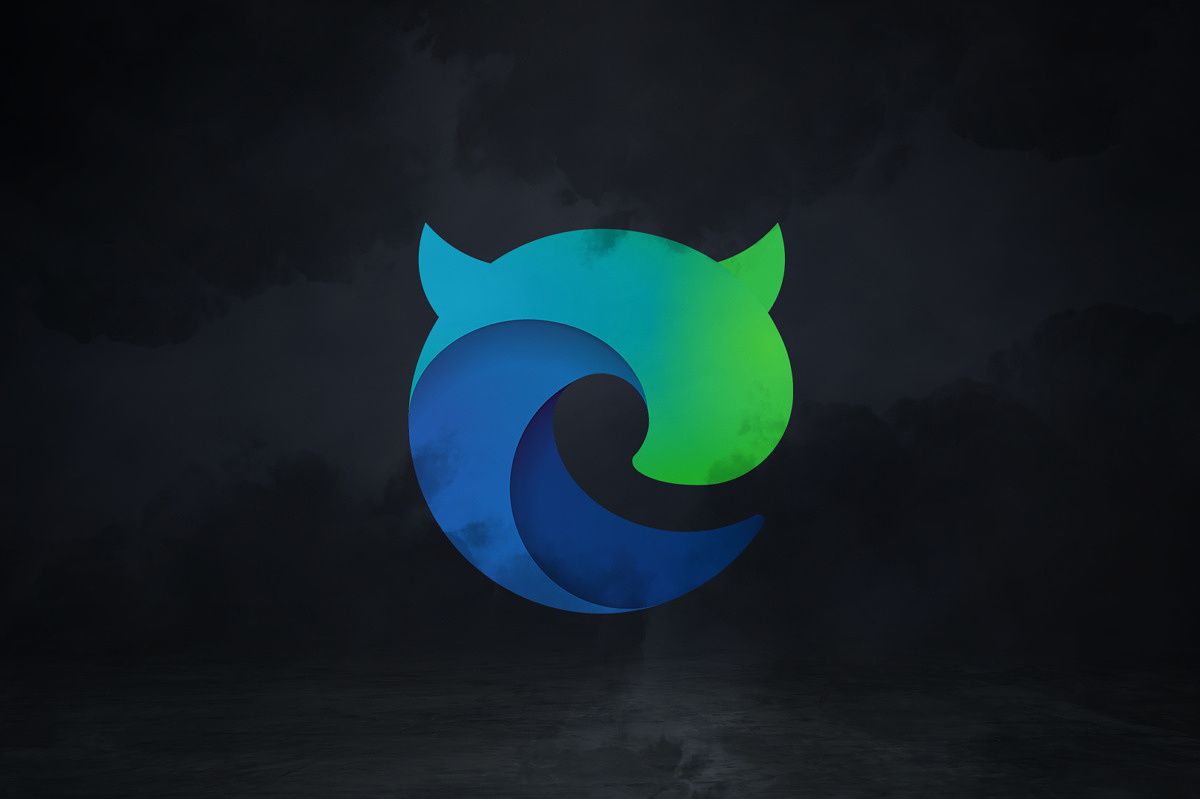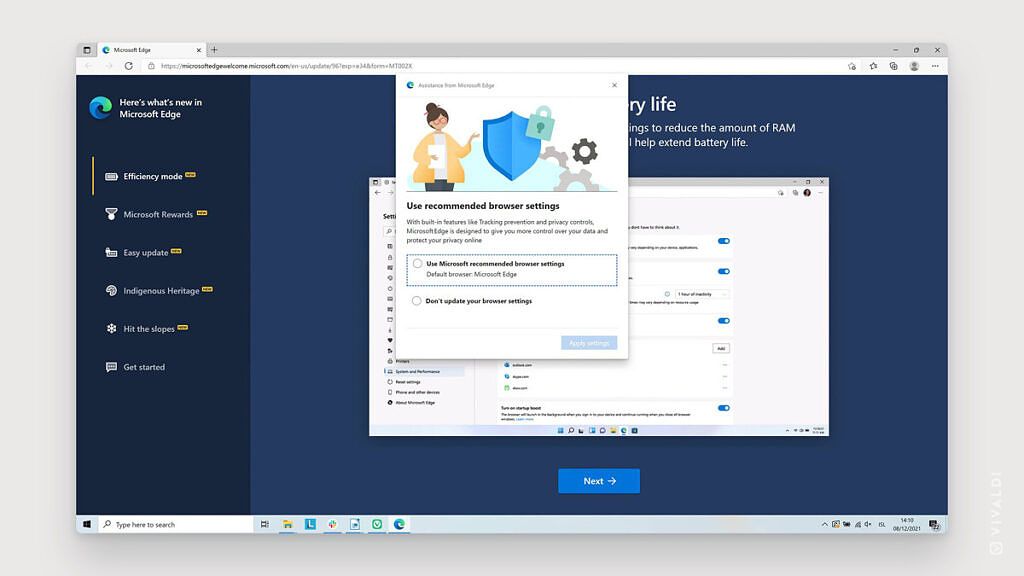Over the past few weeks, we've reported on a few malicious tactics Microsoft has been using to promote its Edge browser to Windows users. From openly mocking the competition to forcing certain links to open in Edge, Microsoft seems to be trying everything it can to sway users to keep using its browser. Recently, competing browser maker Vivaldi called out Microsoft for its abusive marketing practices with Edge, which leverage Microsoft's dominant position in the PC market to increase the market share for its browser.
Vivaldi's Jon von Tetzchner mentions just a few of the tactics Microsoft has employed. For starters, the fact that when you search for a competing browser in Edge, where Bing is the default search engine, you see a giant banner saying you don't need to download another browser. Then there's the fact that even if you install another browser, it's not easy to switch your default browser, especially on Windows 11 (though Microsoft is apparently rectifying this in recent preview builds). That's not even mentioning things like the fact that certain web links in Windows can only open in the Edge browser, or the recent pop-ups some users have spotted when trying to download Chrome.
And on top of that, if you open Edge again after it's not your default anymore, you'll see a prompt window telling you to use Microsoft's "recommended browser settings". What does that do? Among other things, it switches your default browser back to Edge. Beyond these more obvious pushes, Microsoft also offers you more Microsoft Rewards points if you use Edge -- essentially giving you money to use its browser.
None of this is really new, but it's obvious that Microsoft is abusing its market dominance to push more and more users onto its browser. This is an approach Microsoft has been blasted for in the past, such as by bundling Internet Explorer with Windows and prohibiting OEMs from bundling any other browser in their PCs in the late 90s and early 2000s. This eventually led to Microsoft being forced to give users a browser choice screen in Windows, and in some markets, it had to sell versions of Windows without certain pre-installed software (called N editions) so it wouldn't be considered anti-competitive. Nowadays, though, this isn't the case anymore in most markets, partly because attention has shifted to rivals like Google and Apple, which have their own anti-competitive practices in one way or another.
As to what you can do to get things to change, Tetzchner makes a few recommendations. First off, you can call out Microsoft on social media and other feedback channels for its abusive practices. It's not guaranteed that the company will respond, but if it doesn't then you can always contact representatives and regulatory agencies to investigate Microsoft, so that changes can be legally enforced.
And of course, you can always show Microsoft that its tactics don't work by changing your default browser to whatever you want. Personally speaking, I switched to Vivaldi (coincidentally) right after Microsoft Edge started showing messages that poked fun at competing browsers when attempting to download them. Microsoft's practices are obviously not welcomed in the industry, and change will only come about if users speak up.


